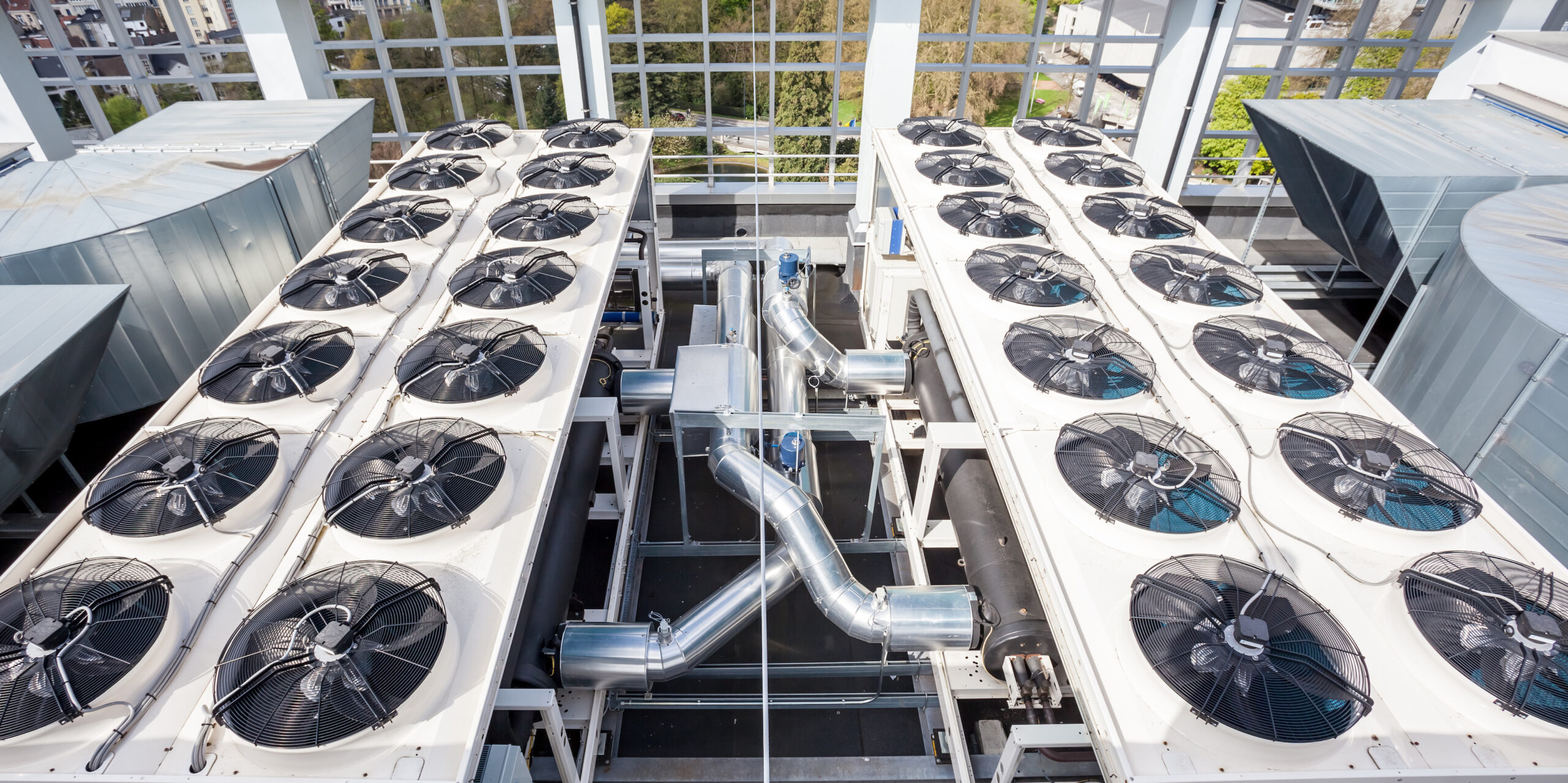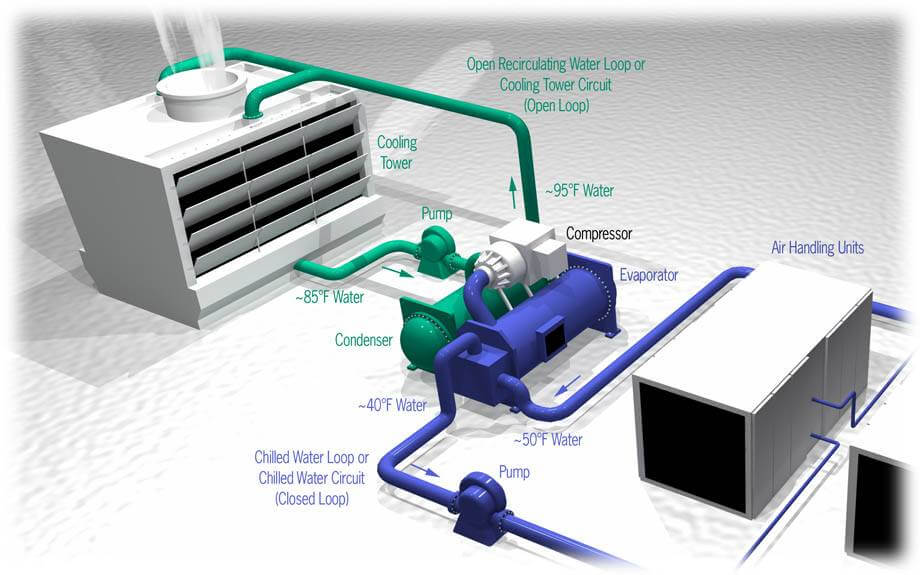Comprehensive Boiler Repair Services To Maintain Your Heating System’s Life
Comprehensive Boiler Repair Services To Maintain Your Heating System’s Life
Blog Article
Your Overview to Selecting the Right HVAC System for Your Demands
Selecting an appropriate HVAC system is a critical choice that can substantially affect comfort and power performance in your home. Furthermore, understanding the various types of systems readily available and their power scores can aid assist your choice.
Recognizing A/c System Kind
When selecting a heating and cooling system, it is vital to recognize the various types offered to fulfill your details requirements. The main groups of a/c systems include air conditioning systems, ductless mini-split systems, heatpump, and furnace systems.
Air conditioning systems are developed to cool multiple spaces using ductwork to disperse conditioned air. They are suitable for larger homes calling for consistent temperature level control. Ductless mini-split systems, on the other hand, supply flexibility and effectiveness, as they permit zoning abilities, enabling private area temperature guideline without the need for ductwork.
Warmth pumps operate by transferring heat rather than producing it, making them an energy-efficient choice for both home heating and air conditioning. Alternatively, furnace systems utilize combustion to produce warm, using either oil, gas, or electricity.
Each system has unique advantages and considerations, consisting of installment needs, upkeep, and general expenses. Comprehending these types will help homeowners make informed choices based upon their details requirements, environment, and budget plan constraints, ultimately ensuring optimal convenience and performance.
Examining Energy Efficiency
Power efficiency is a vital aspect in the selection of a Cooling and heating system, as it directly influences both energy costs and ecological sustainability. The Seasonal Power Performance Ratio (SEER) and the Heating Seasonal Efficiency Element (HSPF) are essential signs for air conditioning systems, representing their performance over a regular cooling and home heating season, respectively.
In addition, search for systems that have actually earned the ENERGY celebrity tag. This certification symbolizes that the equipment satisfies rigorous power efficiency standards established by the united state Epa. Consider the system's variable-speed modern technology, which enables a lot more reliable procedure by adjusting the outcome to match need, better enhancing energy cost savings.
In addition, correct insulation and duct sealing can substantially affect the system's total performance. In summary, selecting an energy-efficient heating and cooling system not just decreases your power costs yet also contributes to a more sustainable atmosphere, making it a necessary factor to consider in your purchasing process.
Assessing System Size
Selecting the appropriate size for a heating and cooling system is important to making sure ideal efficiency and effectiveness. An undersized system may struggle to maintain desired temperature levels, causing raised damage, greater power usage, and decreased comfort. Conversely, an oversized system can lead to quick biking, which not only causes inefficiencies yet additionally impacts humidity control and air quality.
To assess the excellent sizing, it is vital to perform a tons computation, which considers factors such as the square video of the area, insulation levels, home window sizes, and local environment conditions - hvac. This estimation assists determine the British Thermal Devices (BTU) required for cooling and heating. Additionally, it is essential to represent particular demands, such as the number of occupants and the existence of heat-generating appliances

Setup Expenses and Budget Plan
A detailed understanding of setup expenses is necessary for property owners and businesses considering a brand-new cooling and heating system. The complete cost of installment can vary widely based upon numerous elements, consisting of the kind of system, the complexity of installation, and the location of the home. Generally, installation costs can vary from $3,000 to $10,000, relying on the system's size and article efficiency.
When budgeting for a HVAC system, it is crucial to consider not just the preliminary installation prices yet likewise any added costs that may emerge, such as ductwork adjustments, electrical upgrades, or authorizations. In addition, it is recommended to obtain numerous quotes from certified HVAC service providers to make sure competitive rates.
House owners should additionally factor in the possible long-lasting financial savings related to energy-efficient systems. While the upfront expenses may be higher, energy-efficient models can cause significant cost savings on utility bills in time.

Upkeep and Longevity Considerations

Proper upkeep includes regular examinations, filter substitutes, and cleaning of coils and ducts (hvac). Neglecting these jobs can bring about lowered effectiveness, enhanced power prices, and premature system failing. Home owners should also take into consideration the schedule of service contracts, which typically supply scheduled maintenance and concern solution, making certain that the system continues to be in peak problem
Durability varies by system type; for circumstances, well-maintained central air conditioning units can last 15 to twenty years, while heatpump may have a lifespan of 10 to 15 years. Choosing a system with a solid reputation for reliability, together with purchasing normal upkeep, can substantially boost the system's longevity. Furthermore, selecting higher-efficiency models might result in long-term cost savings on power costs, balancing the preliminary financial investment gradually.
Final Thought
In final thought, picking an ideal a/c system requires cautious factor to consider of various factors, including system types, energy performance, and dimension. Examining installment costs and long-lasting next maintenance needs is important for making certain optimum performance and cost-effectiveness. Engaging with HVAC experts can supply beneficial understandings and customized recommendations that line up with particular home heating and cooling down demands. Eventually, a well-informed choice will improve convenience and effectiveness in household her latest blog atmospheres while optimizing power financial savings.
Choosing an appropriate Heating and cooling system is a vital choice that can significantly influence convenience and power performance in your home.Power performance is a crucial variable in the selection of a HVAC system, as it straight affects both utility expenses and environmental sustainability. The Seasonal Energy Effectiveness Proportion (SEER) and the Home Heating Seasonal Efficiency Aspect (HSPF) are essential signs for air conditioning systems, representing their effectiveness over a normal cooling and home heating season, specifically. Selecting a system with a strong online reputation for reliability, along with spending in regular maintenance, can dramatically boost the system's resilience.In conclusion, selecting a suitable Cooling and heating system demands cautious consideration of different elements, consisting of system kinds, energy efficiency, and dimension.
Report this page